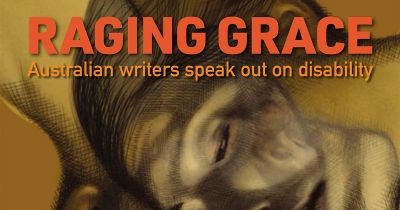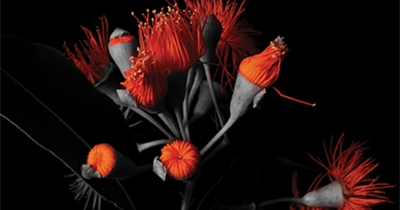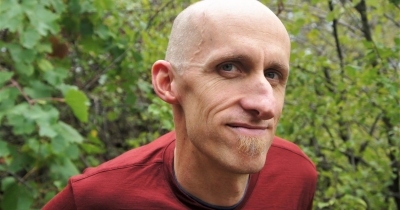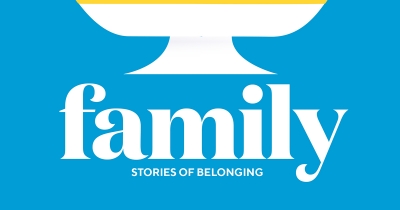Andy Jackson
Raging Grace: Australian writers speak out on disability edited by Andy Jackson, Esther Ottaway, and Kerry Shying
Andy Jackson is a poet, creative writing teacher, and a Patron of Writers Victoria. He was the inaugural Writing the Future of Health Fellow, and has co-edited disability-themed issues of Southerly and Australian Poetry Journal. Andy’s latest poetry collection is Human Looking (Giramondo, 2021), which won the ALS Gold Medal and the Prime Minister’s Literary Award for Poetry.
... (read more)Family: Stories of belonging edited by Alaina Gougoulis and Ian See
Peter Kenneally reviews 'The Law of Poetry' by MTC Cronin, 'The Ladder' by Simon West, 'Jam Sticky Vision' by Luke Beesley, 'Immune Systems' by Andy Jackson, and 'The Hour of Silvered Mullet' by Jean Kent
With her first book, Zoetrope, in 1995, MTC Cronin announced herself as a very particular force in Australian poetry. It was not just that her début was so much more immediately arresting than most poets' first outings, but also that it had real authority. This authority, coming from force of intellect and a kind of absolutist, almost inscribed imagination ...




